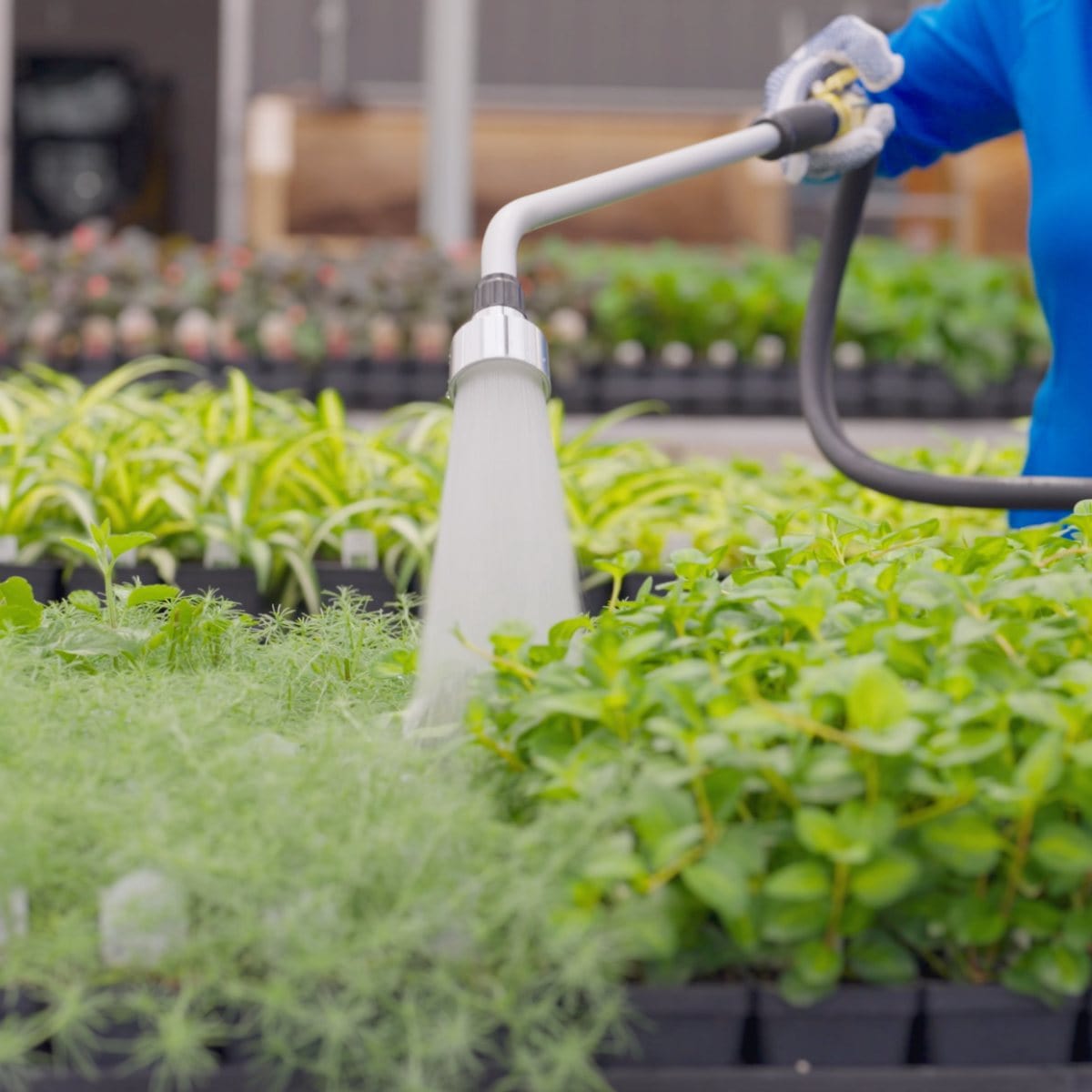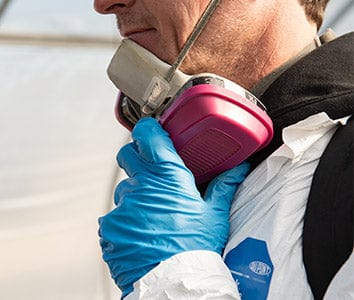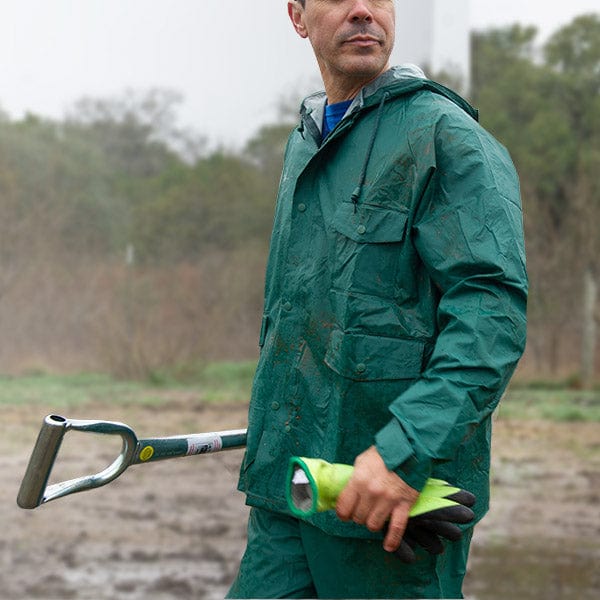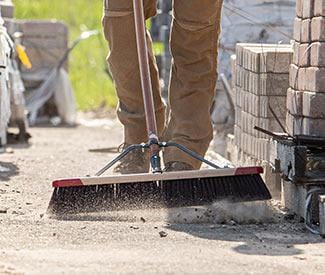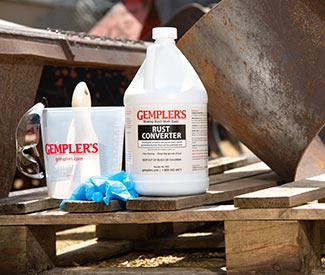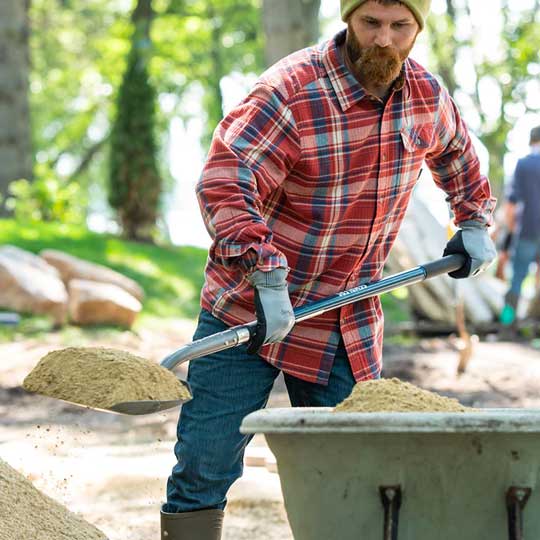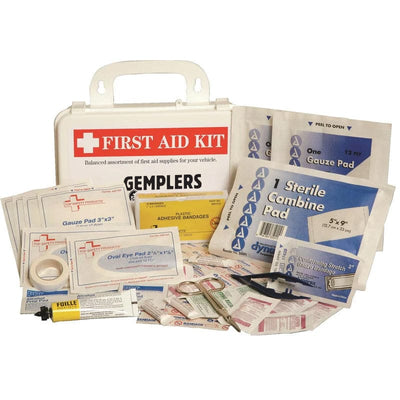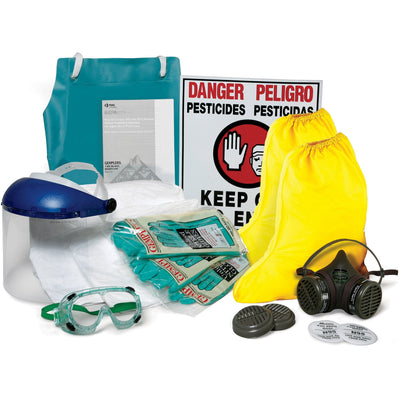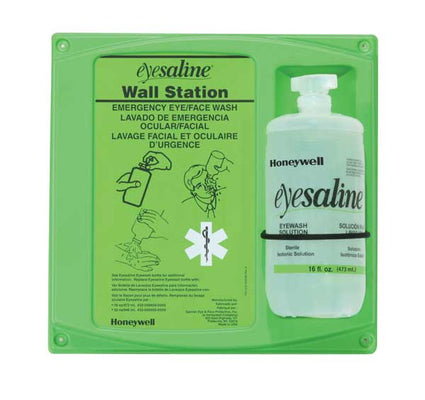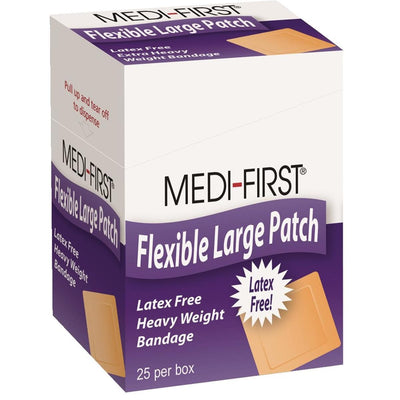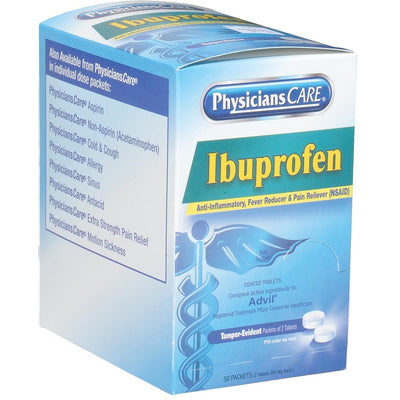Reporting Injuries and Other Hazards
Here are some key points.
- Promptly report all injuries, “near misses” and hazards.
- You will not be “blamed” for reporting an injury or a job hazard.
- Keep a constant lookout for potential hazards.
- Take responsibility for your own safety.
Why report injuries?
- If you or a co-worker are injured at work, it’s important to report it to a supervisor as soon as possible – even if the injury is minor.
- Sometimes, incidents occur which almost lead to injuries, but don’t. For example, you may brush against a piece of equipment with a sharp edge or an unguarded blade, but don’t get hurt.
- These are called “near misses.” It’s important that you report these, too.
- Here are some reasons why you should promptly report all injuries and near misses:
- so you can get first aid or medical attention to prevent a minor injury from becoming infected or otherwise getting worse
- so your co-workers don’t get hurt as well
- so we can take preventive action, such as putting a safety guard on a sharp blade or posting a “warning” sign, in order to avoid serious injuries in the future
- We care about your safety, and the safety of all of our employees. That’s why it’s important that we know about any unsafe conditions.
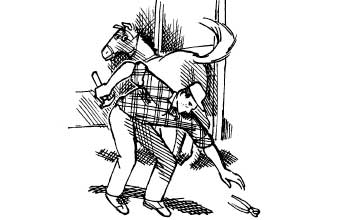
Near misses often occur when people aren’t keeping a close lookout for potential hazards.
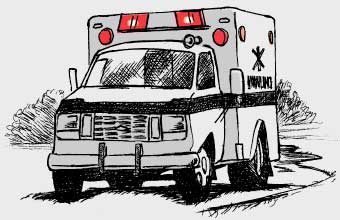
Sometimes injuries aren’t reported because the person is concerned about the cost of treatment or taking time off work.
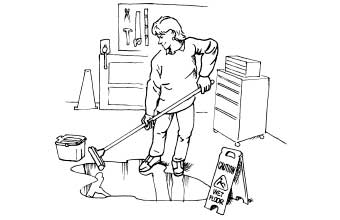
Some hazards, such as wet and slippery flooring, can often be eliminated right away.
Why injuries aren’t always reported
- Sometimes, injuries aren’t reported because the person doesn’t want to take time off work to see a doctor.
- Other times, the injury is minor, and the person thinks it’s “not a big deal” or that it will stop hurting or heal on its own.
- Still other times, injuries aren’t reported because the employee is embarrassed; the person thinks he or she will be “blamed” for the injury; the person doesn’t want to “tell” on a co-worker for fear that person will be blamed; or the person is concerned about the cost of medical treatment.
- While we understand all of these reasons, we still urge you to report all injuries, even if they are minor, so they don’t become worse and result in even more time off the job and higher costs than if they had been treated right away.
Taking action on hazards
- One of the ways we can all prevent injuries is by being on the constant lookout for hazards.
- If you see a potential hazard, we urge you to report it to a supervisor or other manager right away.
- Some hazards, such as improperly functioning machinery or equipment, need to be repaired by authorized persons who have had specialized training.
- But other hazards can often be eliminated by you. Some examples are: spilled water, soda or coffee that makes the floor slippery and may result in slips and falls; trash or other debris left on stairs or on the ground where people walk; or electrical cords left laying across the floor.
- If you can eliminate a potential hazard and keep someone from getting hurt, please do so right away. Then report it to your supervisor so we can prevent it from occurring again.
More injury and hazard prevention tips
- If someone is injured at work and you need to call 911, it’s important to know what information to give to the emergency dispatcher. This information should include: the location of the incident and how to get there, how many people are hurt, what type of first aid is being given, what other hazards exist, your name and the phone number you’re calling from, and whether someone will meet emergency personnel when they arrive.
- Take responsibility for your own safety. Think about the importance of safety, both on and off the job. Don’t take shortcuts, engage in horseplay, or practice other unsafe work habits that could result in you or a co-worker getting hurt.
- Encourage your co-workers to be safe. For example, if you see a co-worker removing chemical-resistant gloves or other protective clothing before the job is done, remind the person why that clothing is required – to keep him or her from becoming ill or otherwise getting hurt.
- Think about prevention. If you are hurt or are involved in a “near miss” incident, ask yourself what needs to be done to prevent an injury the next time.
Injury and Hazard Reporting Do’s and Don’ts
Do
- Ask for help if you get hurt – even if the injury is minor.
- Be on the constant lookout for all potential hazards.
- Think about the importance of safety, both on and off the job.
- Delay reporting an injury because you think you can “handle it yourself.”
- Take shortcuts or engage in other unsafe work habits that could result in an injury.
- Forget to think about how an injury can be prevented from occurring again.
First Aid Supplies
When you’re ready to work safely, you’re ready to work. See our full line of safety supplies, including respirators, eye and ear protection, coveralls, first aid and more.
